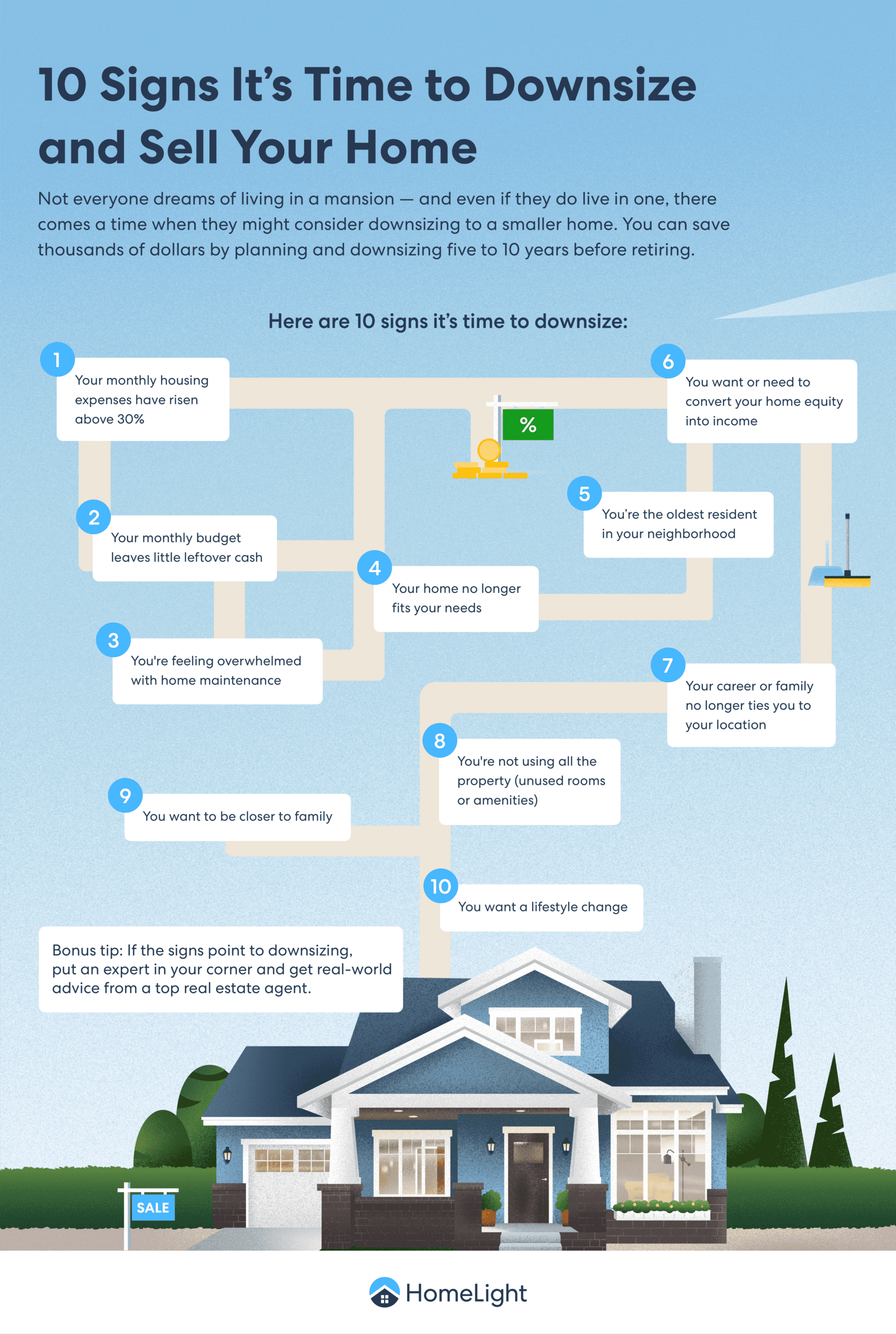Downsizing Your Home
by Admin
Posted on 01-07-2025 06:05 AM

Benefits of Downsizing
Downsizing your home can have numerous benefits, from financial savings to a reduced environmental impact. One of the most significant advantages of Downsizing Your Home is the potential to save money on mortgage payments, property taxes, and maintenance costs. A smaller home requires less energy to heat and cool, which can lead to lower utility bills and a reduced carbon footprint. Additionally, downsizing can provide an opportunity to declutter and simplify your life, getting rid of items you no longer need or use.
Challenges of Downsizing
While downsizing can be beneficial, it's not without its challenges. One of the biggest hurdles is often emotional, as it can be difficult to let go of a home that holds sentimental value. You may also need to consider the logistics of downsizing, such as finding a new place to live, sorting through your belongings, and adjusting to a smaller space. Furthermore, downsizing can be a complex process, especially if you're dealing with a large amount of possessions or a complicated financial situation.
Emotional Challenges
The emotional challenges of downsizing can be significant, especially if you've lived in your home for a long time. You may feel a sense of loss or grief, particularly if you're leaving behind a home that holds many memories. It's essential to acknowledge these feelings and give yourself time to adjust to the idea of downsizing. You may also want to consider seeking support from friends, family, or a professional counselor to help you navigate the emotional aspects of downsizing.
Practical Challenges
In addition to the emotional challenges, there are also practical considerations to take into account when downsizing. You'll need to sort through your belongings, deciding what to keep, what to donate or sell, and what to discard. You may also need to find a new place to live, which can be a time-consuming and overwhelming process. It's crucial to create a plan and set realistic goals for yourself, breaking down the downsizing process into manageable tasks and seeking help when needed.
Downsizing Strategies
To make the downsizing process as smooth as possible, it's essential to develop a strategy that works for you. Here are a few tips to consider: * Start by decluttering your current home, getting rid of items you no longer need or use. * Consider the type of living situation you want, such as a smaller house, apartment, or condo. * Think about your lifestyle and what you need in a home, such as a yard, extra bedrooms, or a home office. * Research different neighborhoods and communities, looking for areas that fit your needs and budget. * Create a budget and stick to it, considering all the costs associated with downsizing, including moving expenses, storage fees, and potential renovation costs.
Financial Considerations
Downsizing can have significant financial implications, from the sale of your current home to the purchase or rental of a new place. It's crucial to consider all the costs associated with downsizing, including: * The cost of selling your current home, such as real estate agent fees and closing costs. * The cost of purchasing or renting a new home, including mortgage payments, property taxes, and insurance. * The cost of moving, including hiring movers, renting a truck, or storing your belongings. * The potential for renovation or repair costs, particularly if you're purchasing an older home.
Budgeting for Downsizing
To avoid financial stress, it's essential to create a budget that accounts for all the costs associated with downsizing. Start by calculating the proceeds from the sale of your current home, then consider the costs of purchasing or renting a new place. Don't forget to factor in moving expenses, storage fees, and potential renovation costs. It's also a good idea to prioritize your spending, focusing on the essentials and cutting back on non-essential expenses.
Lifestyle Considerations
Downsizing can also have a significant impact on your lifestyle, from your daily routine to your social connections. It's essential to consider how downsizing will affect your life, including: * Your daily commute and transportation options. * Your access to amenities, such as grocery stores, restaurants, and entertainment venues. * Your social connections and community involvement. * Your hobbies and interests, and how you'll continue to pursue them in a smaller space.
Conclusion
Downsizing your home can be a complex and challenging process, but it can also be a liberating and rewarding experience. By considering the benefits and challenges of downsizing, developing a strategy, and taking into account financial and lifestyle considerations, you can make the transition as smooth as possible. Remember to prioritize your needs, seek support when needed, and stay focused on your goals.
FAQs
What are the benefits of downsizing my home?
The benefits of downsizing your home include financial savings, a reduced environmental impact, and a simplified lifestyle.
How do I get started with downsizing my home?
To get started with downsizing, begin by decluttering your current home, sorting through your belongings, and deciding what to keep, what to donate or sell, and what to discard.
What are the most significant challenges of downsizing?
The most significant challenges of downsizing include the emotional attachment to your current home, the logistics of finding a new place to live, and the practical considerations of sorting through your belongings and adjusting to a smaller space.
How can I make the downsizing process less stressful?
To make the downsizing process less stressful, create a plan, set realistic goals, and seek support from friends, family, or a professional counselor.
What should I consider when choosing a new place to live?
When choosing a new place to live, consider factors such as the type of living situation, the neighborhood and community, the proximity to amenities, and the cost of living.
How can I stay organized during the downsizing process?
To stay organized during the downsizing process, create a budget, prioritize your spending, and keep track of your progress, using tools such as spreadsheets, checklists, and calendars.
